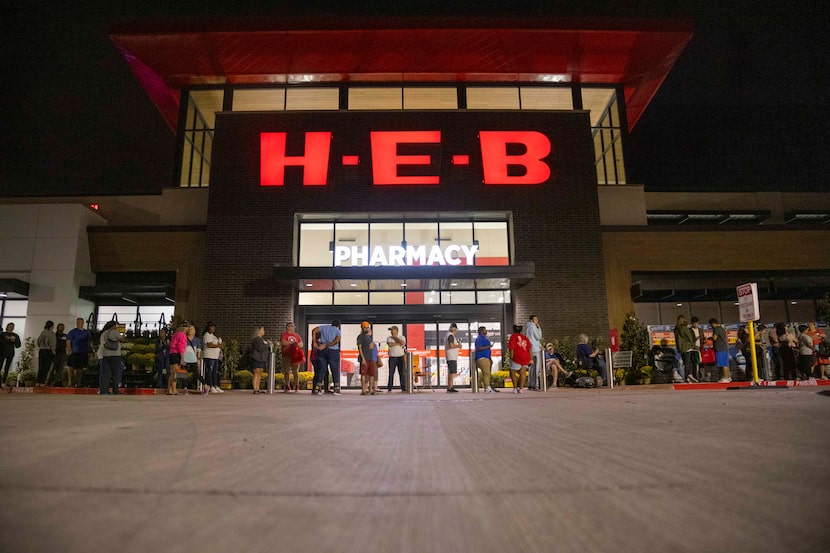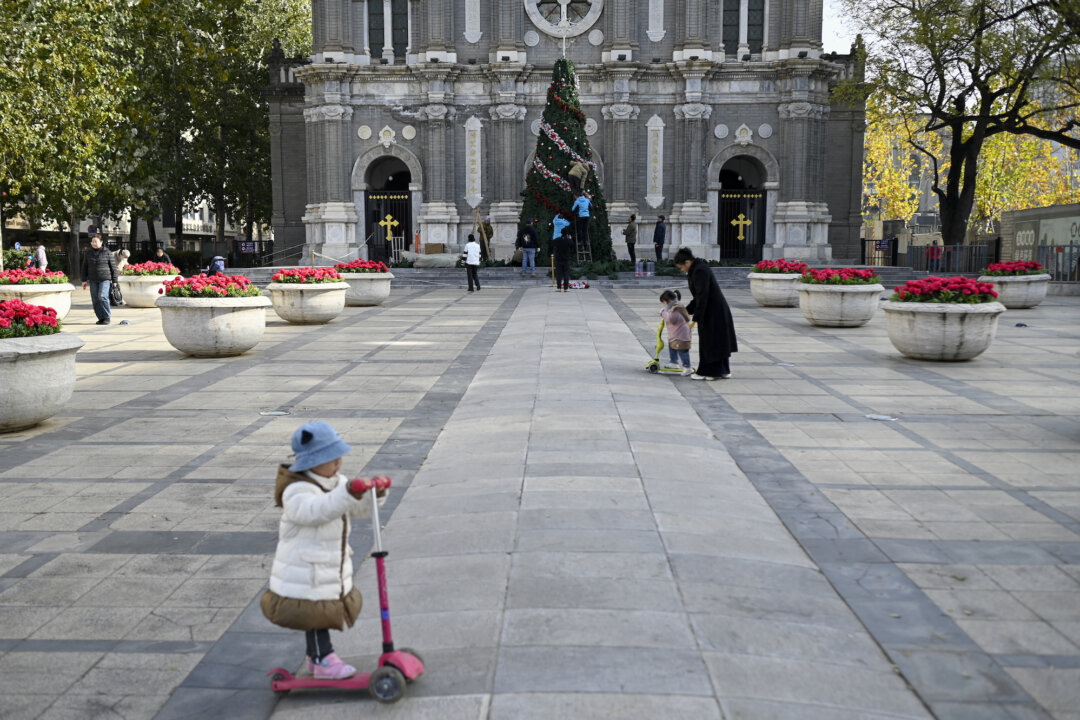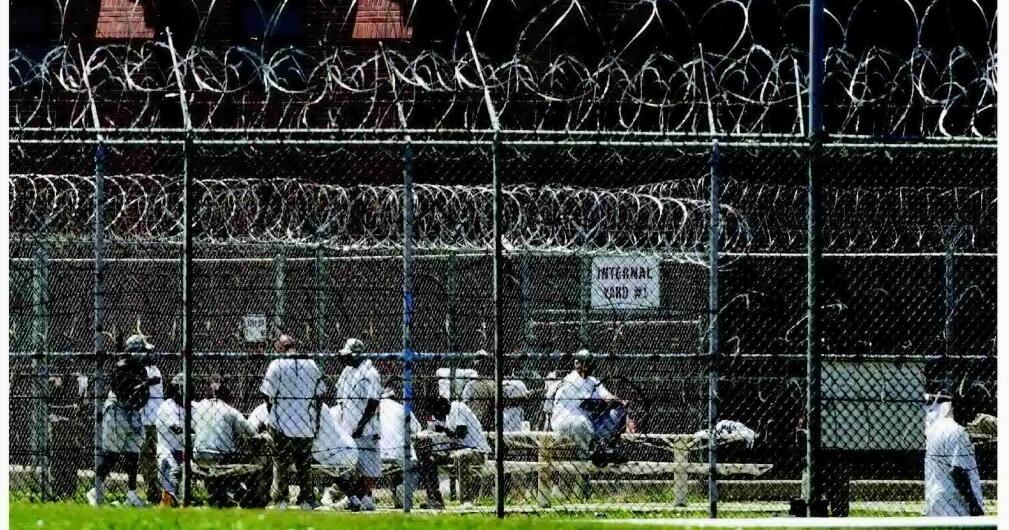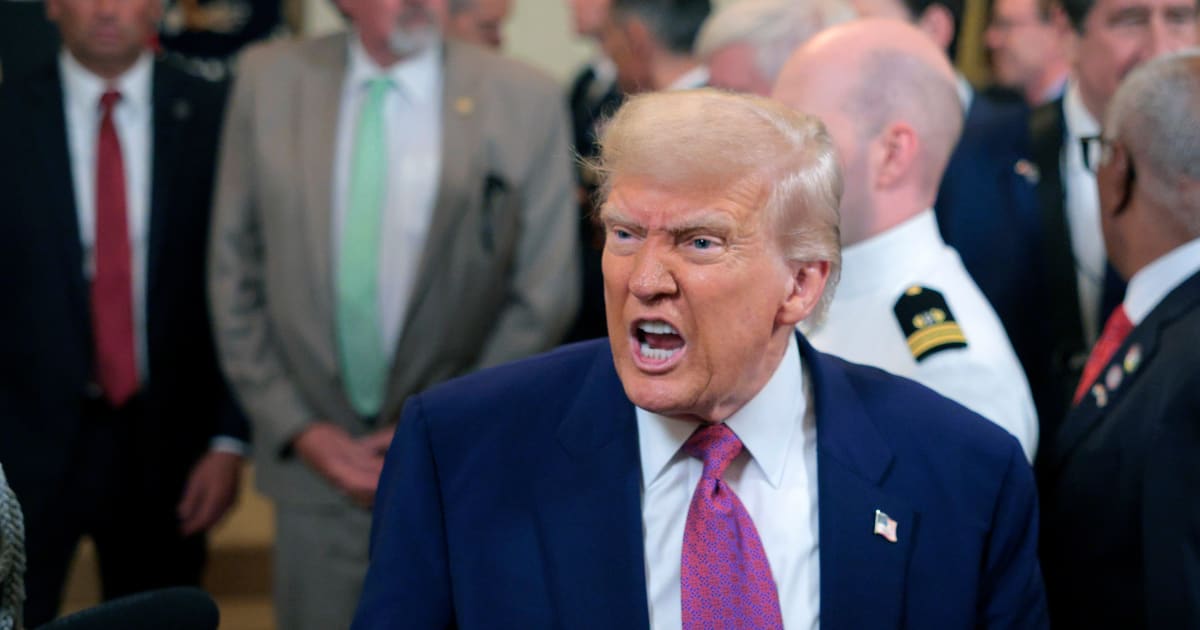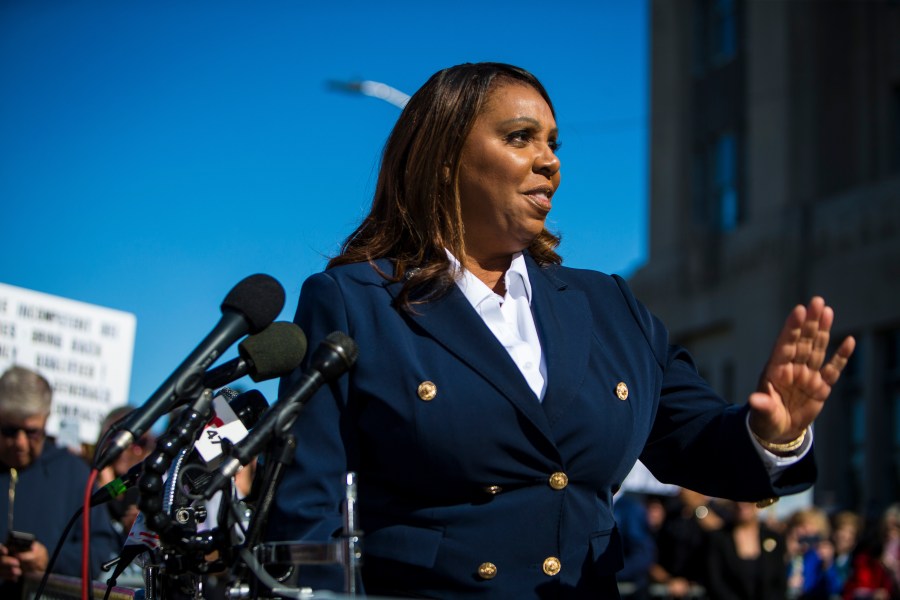Residents of Dallas are voicing their opinions regarding the proposed new H-E-B grocery store at the intersection of LBJ Freeway and Hillcrest Road. While many express excitement about the potential benefits of the store, others are raising significant concerns about the location’s viability and safety.
Tony Torres, a long-time shopper who has frequented H-E-B for over 60 years, highlighted the potential flooding issues that could arise from the store’s construction. He noted that the area is prone to flooding, particularly at the intersection where the new store is planned. Torres warned that increased concrete surfaces, such as expanded parking lots, would likely exacerbate existing drainage problems unless the city invests heavily in improvements to the drainage system. “Shoppers may need boats to access and depart the proposed H-E-B every time it rains,” he said, calling for careful consideration of the site before moving forward.
In contrast, Juan E. Ramirez suggested an alternative location for the H-E-B store, mentioning Wynnewood Village as a suitable site. He pointed out that this location would not require rezoning and already has an established infrastructure, making it an ideal choice for the grocery chain. Ramirez emphasized that the potential cash flow from H-E-B’s presence would far outweigh the challenges of buying out the current retailer.
As the conversation surrounding H-E-B continues, discussions have also emerged regarding broader political and social issues. In a recent opinion piece, Senator John Cornyn addressed the rise of antisemitism in the United States, supporting the notion that societal attitudes toward Jewish communities reflect a nation’s moral health. He encouraged a unified response against this trend, calling for moral clarity in political discourse.
On the topic of governmental responsibility, Kenneth Mathias expressed confusion over the actions of Texas leaders concerning religious freedoms. He cited efforts by Governor Greg Abbott and Attorney General Ken Paxton to label a Muslim organization as a terrorist group while also discussing Lt. Gov. Dan Patrick’s establishment of a Religious Liberty Commission aimed at protecting Christian rights. Mathias criticized the inconsistency in these actions and expressed doubt about the government’s ability to uphold First Amendment rights for all citizens.
Concerns have also surfaced regarding the implications of political figures on public health. In a letter addressing Robert F. Kennedy Jr.’s controversial nomination as secretary of Health and Human Services, Paul Sokal highlighted the risks associated with Kennedy’s stance on vaccines. Sokal criticized the former presidential candidate’s promotion of conspiracy theories related to vaccine safety, particularly in light of recent evidence that challenges his views. He urged senators to reconsider their support for Kennedy, especially in light of his cousin, Tatiana Schlossberg, facing a serious health crisis.
These letters represent just a fraction of the diverse opinions circulating in the community regarding H-E-B’s proposed location and the broader implications of local and national political actions. As discussions unfold, the interplay of community needs, environmental concerns, and political ideologies will undoubtedly shape the future of both the grocery store and the larger socio-political landscape in Texas.

